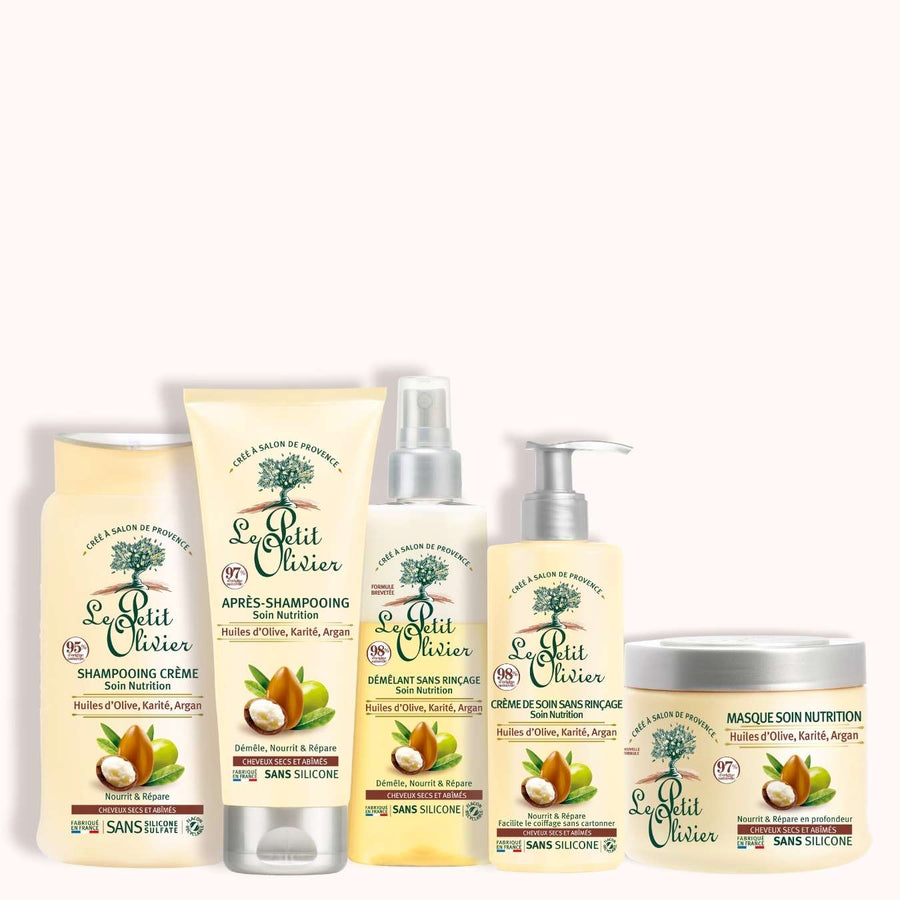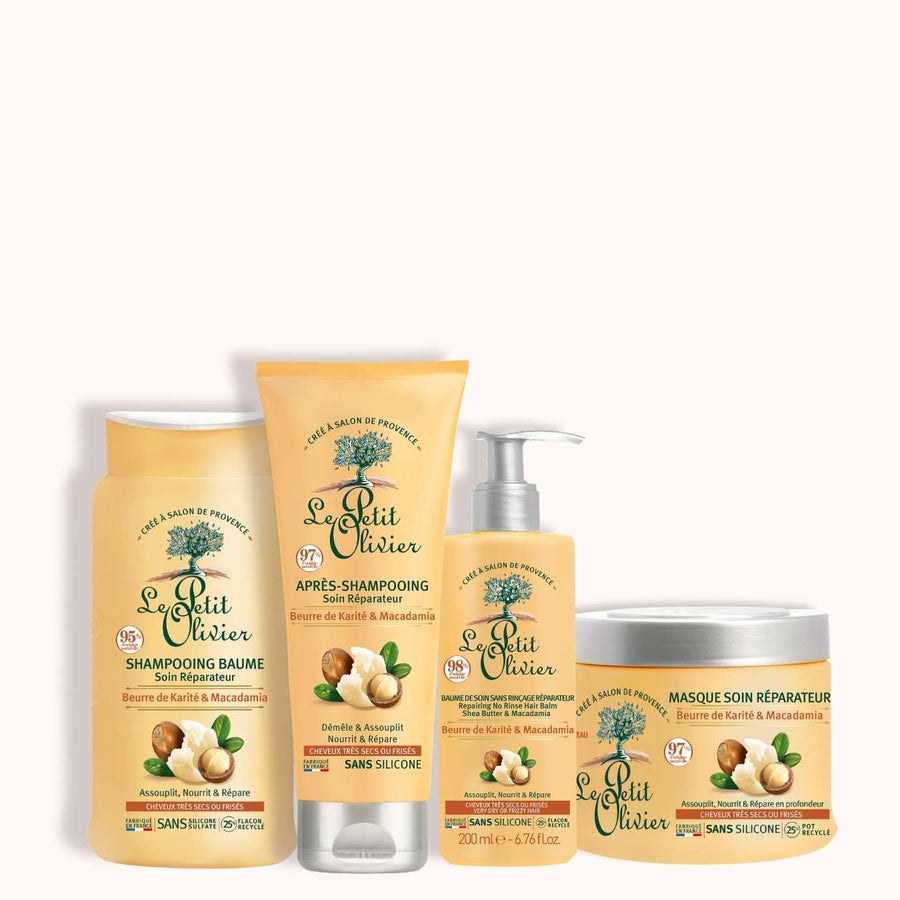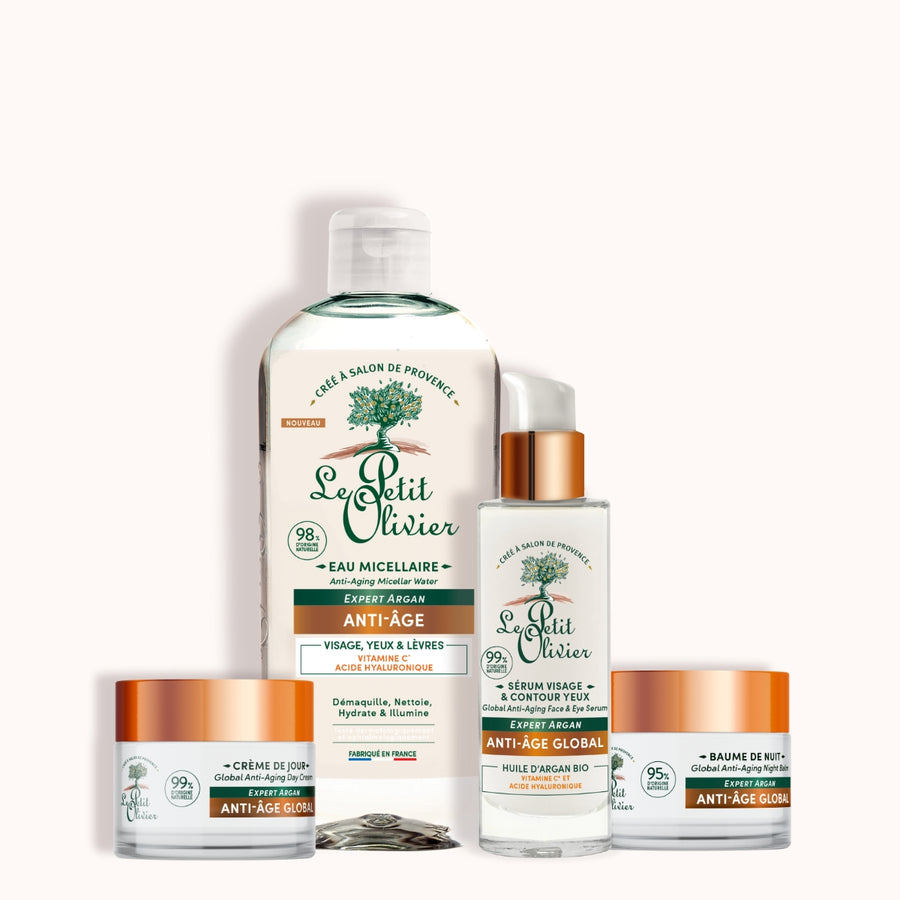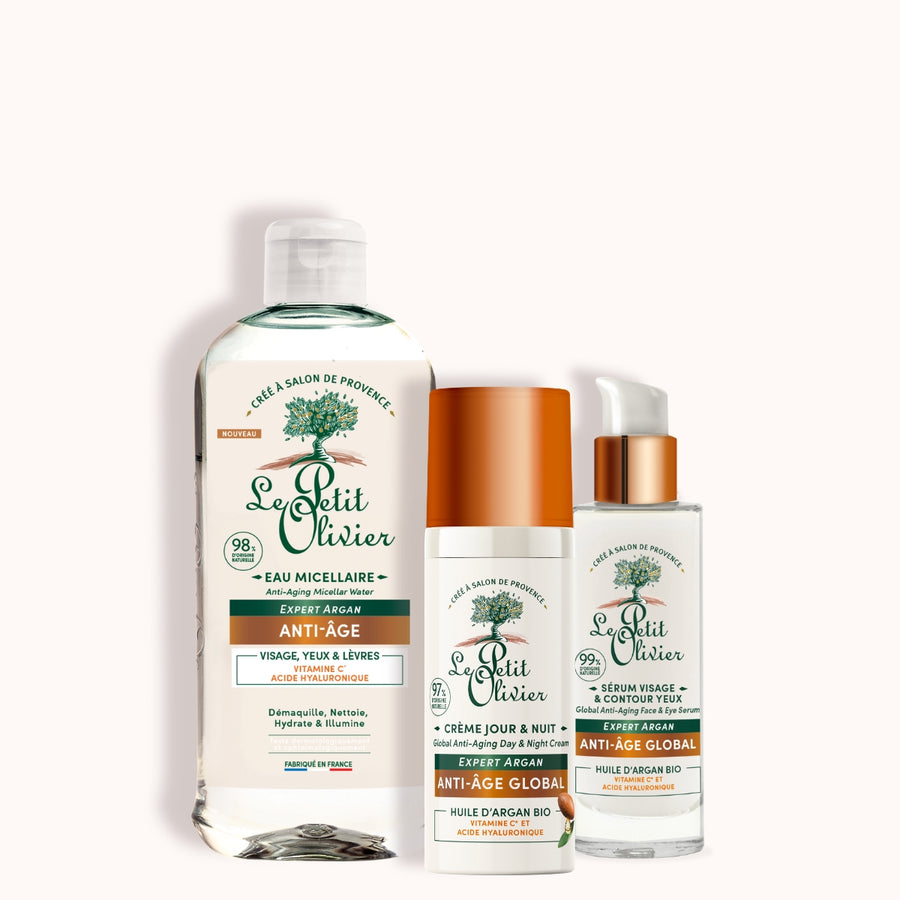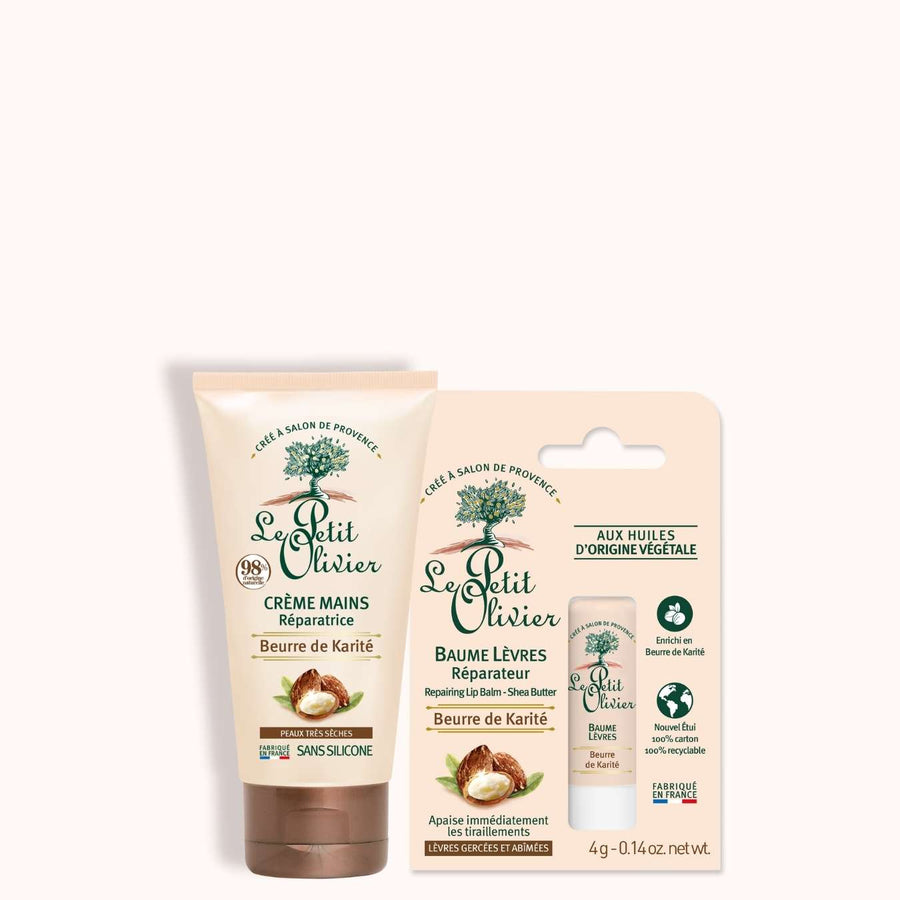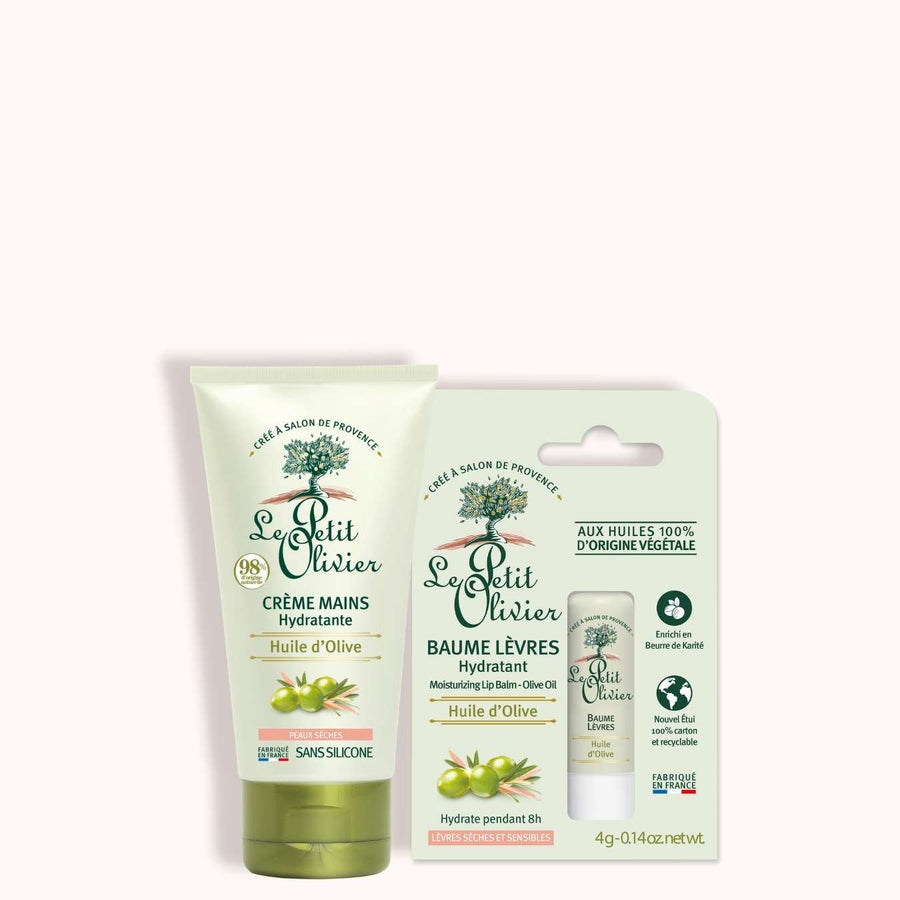What are the effects of rinsing with hot or cold water after applying shampoo?
Quand vient le moment de rincer vos cheveux après avoir appliqué votre shampoing, deux choix s'offrent à vous : le plaisir de l'eau chaude, ou les bénéfices de l'eau froide ! Quel que soit votre choix, celui-ci aura un effet sur vos cheveux. Même si un rinçage à l'eau chaude sera plus agréable, un rinçage à l'eau froide apportera plus de brillance et permettra d'aider à refermer les cuticules de vos cheveux. Dans cette page, nous allons comparer les effets distincts de chaque température sur vos cheveux. Nous aborderons également les précautions à prendre pour chaque type de cheveux afin d'optimiser votre routine capillaire. Enfin, nous démystifierons certaines idées reçues grâce aux éclairages apportés par la science, vous permettant ainsi d'adopter les meilleures pratiques pour un lavage efficace et bénéfique.
The effects of rinsing with warm water after applying shampoo
Impact of hot water on the scalp
L'utilisation de l'eau chaude lors du rinçage est plus agréable et confortable, cependant cette température élevée peut avoir des conséquences inattendues sur votre cuir chevelu. En effet, l'eau chaude tend à dilater les pores et peut exacerber la production de sébum. Un rinçage à l'eau chaude aura donc tendance à rendre le cuir chevelu plus gras qu'il ne devrait l'être. De plus, si vous avez un cuir chevelu sensible ou sujet aux irritations, la chaleur risque d'aggraver ces conditions en provoquant rougeurs et inconforts.

Effects of hot water on the hair cuticle
Lorsque les cheveux sont rincés à l'eau chaude, la cuticule capillaire s'ouvre davantage. Cette ouverture facilite certes la pénétration des actifs nourrissants contenus dans vos soins capillaires, mais elle laisse aussi le cheveu vulnérable aux agressions extérieures comme les polluants et les rayons UV. Une exposition répétée à l'eau chaude pourrait ainsi fragiliser vos cheveux et entraîner des pointes fourchues ou une texture rêche au toucher.
In short, while hot water can provide immediate comfort and enhance absorption of previously applied care products, it needs to be used sparingly to avoid lasting damage to your hair fiber.
The effects of rinsing with cold water after applying shampoo
Benefits of cold water for hair shine
Un rinçage à l'eau froide sera évidemment moins agréable, mais il offre des bénéfices à vos cheveux ! L'eau froide agit tel un révélateur de lumière, intensifiant leur éclat naturel. L'eau froide a le pouvoir de lisser les écailles capillaires, permettant ainsi à la lumière de se refléter plus uniformément sur chaque mèche et de refermer les cuticules. Ce phénomène offre aux cheveux une apparence plus brillante et soyeuse, sans nécessiter d'artifices supplémentaires.

The role of cold water in closing capillary cuticles
Un rinçage final à l'eau froide incite ces cuticules de vos cheveux à se refermer, ce qui permet à la fois d'emprisonner les actifs bénéfiques apportés par vos soins capillaires, mais aussi de mieux protéger vos cheveux contre les agressions extérieures.
Precautions to take when rinsing hair after shampooing
Ideal water temperature for different hair types
Choosing the right temperature for rinsing is essential to preserve the quality and integrity of your hair. Each hair type requires special attention:
- Dry or damaged hair: opt for lukewarm water to avoid aggravating dryness. Water that's too hot can accentuate dehydration, while cold water may not be enough to remove all product residues.
- Oily hair: slightly cooler water helps regulate excessive sebum production without further stimulating the sebaceous glands.
- Curly hair: choose a lukewarm temperature to keep curls defined and avoid frizz. A final spray of cold water can help seal in moisture and add definition to curls.
- Fine hair: lukewarm water is recommended to avoid weighing hair down and maintain volume. Finish with a cool rinse for extra shine.

Hot versus cold water rinse frequency
The balance between using hot and cold water varies according to your specific hair needs. Here are some tips for adjusting your routine:
- Warm water: limit its use to times when you're applying treatments that require good penetration of active ingredients, such as a weekly nourishing mask . This allows the beneficial active ingredients to better infuse each strand.
- Cold water: ideal at the end of a wash, it can be used more frequently, even after each shampoo, to strengthen cuticles and add shine without compromising hair structure.
That said, always listen to your hair; it will tell you what's best for it. Adapt these recommendations to seasonal changes or specific treatments you may be undertaking.
Myths and facts about rinsing hair with hot and cold water
Preconceived ideas about rinsing hair
Dans le monde capillaire, certaines croyances persistent, façonnant nos routines sans même que nous nous en rendions compte ! L'une des plus répandues est l'idée selon laquelle un rinçage à l'eau froide rendrait instantanément les cheveux plus brillants. Bien que cette pratique puisse effectivement lisser les cuticules, elle n'est pas une solution miracle. D'autres facteurs, tels que la qualité de votre shampoing ou après-shampoing enrichi en actifs adaptés à vos besoins capillaires spécifiques, jouent un rôle tout aussi crucial.
Another widespread myth is that hot water is always bad for your hair. In reality, its use can be beneficial when properly dosed. It helps open cuticles to allow nourishing active ingredients to penetrate effectively, but must be followed by a rinse at a more moderate temperature to avoid excessive embrittlement.
What science says about using hot and cold water
From a scientific point of view, water temperature has a direct influence on hair structure. Studies show that hot water tends to dilate the cuticles, making the hair more permeable to applied treatments. However, prolonged or too-frequent use could lead to a loss ofelasticity.
Cold water has been proven to tighten cuticles after hair care. This process not only protects against external aggression, but also optimizes the retention of beneficial active ingredients in your hair fiber. So, alternating judiciously between these temperatures can maximize the benefits of your hair care routine without compromising the quality of your hair.
Recommendations for optimal rinsing after shampooing
Tips for maximizing the benefits of a cold water rinse
To reap the full benefits of cold water, consider ending your hair routine with a refreshing spray. This simple yet effective practice can transform the appearance of your hair by sealing cuticles and amplifying natural shine. Not only does cold water bring remarkable shine, it also helps maintain the beneficial active ingredients in your hair care products.
To optimize this process, consider incorporating an acidic product, such as hair vinegar, into the final rinse. This helps to further smooth cuticles and intensify hair shine. For those who want their hair to shine without extra effort, this method could well be your secret ally.
We recommend these other pages:


